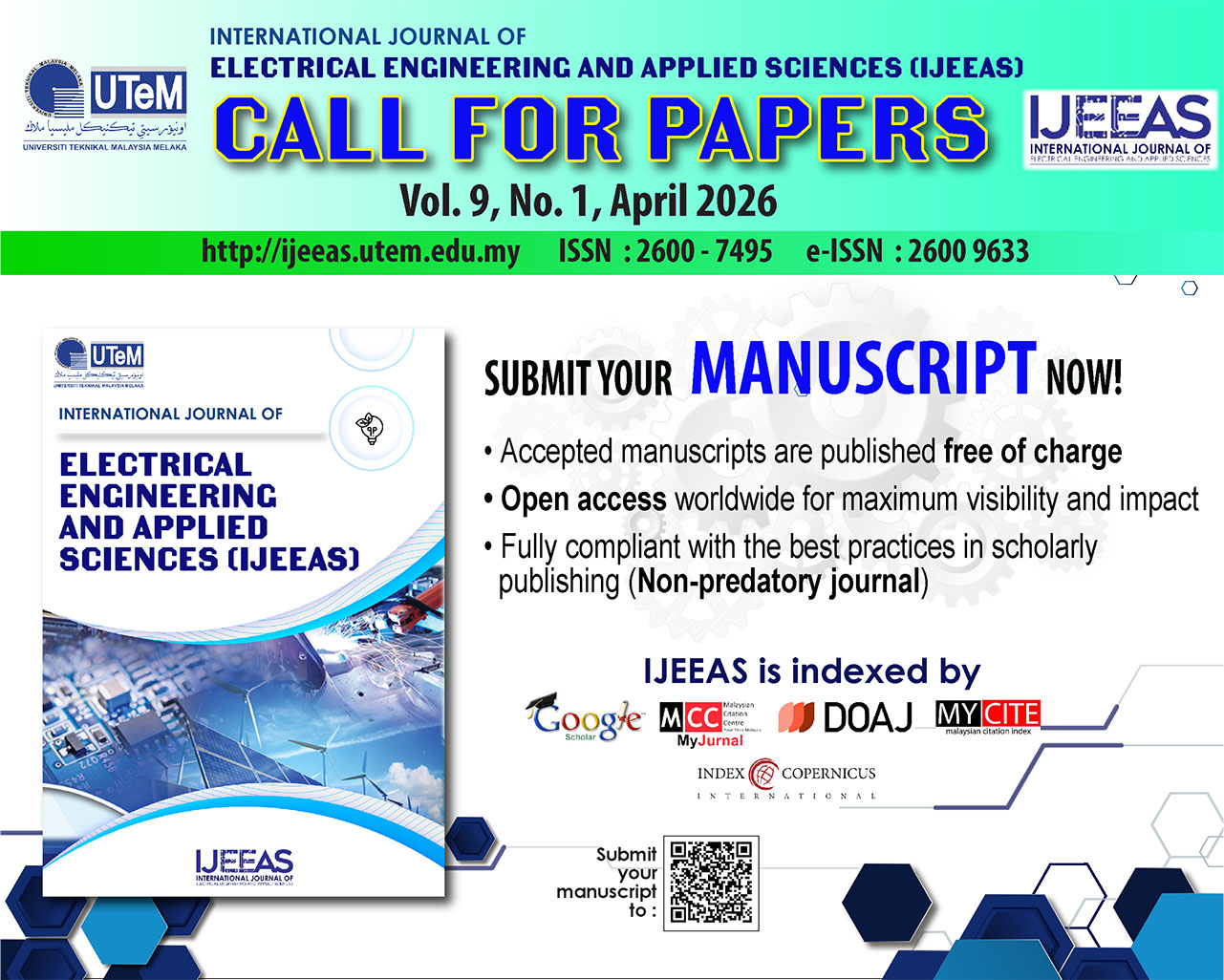A Performance Survey and Simulated Residual Energy of Sensor Nodes in a Typical Wireless Sensor Network
DOI:
https://doi.org/10.54554/ijeeas.2024.7.01.002Abstract
This paper is a performance survey on the residual energy of nodes in a wireless sensor network (WSN). Wireless sensor nodes are limited in application due to constraints in energy of nodes’ battery and addressing the problem of energy management is essential to lengthen the life of a deployed network of wireless sensors. In the method used, Sensor nodes were equally distributed on the complete border of the network field. An exclusive cluster, six hierarchical, and eighteen hierarchical clusters were formed based on even partition of the border of the network field. The choice of Cluster Head (CH) within each cluster formed was based on selection of a sensor node with minimal transmission distance to the Base Station. A comparison of the various hierarchical scenarios was simulated in MATLAB. The mean residue energies (MREs) after the network lifetime are 3%, 52%, and 35% of the initial node energy for single, six and eighteen hierarchical clusters respectively. The residual energies of sensor nodes above the recorded MREs were taken on a class interval of 50’s of the node identity (nid) and respective averages of residual energies of sensor nodes (AEr) of each selected class interval were evaluated. Based on the result, certain categories of sensor nodes at a section of the network field indicated that the battery energy of the affected nodes was not maximally utilized thereby leading to enormous residual energy. It was concluded that the residual energy of nodes in a WSN could be optimized to extend the lifetime.
Downloads
Downloads
Published
How to Cite
Issue
Section
License
Authors who publish with this journal agree to the following terms:
- Authors retain copyright and grant the journal right of first publication with the work simultaneously licensed under a Creative Commons Attribution License that allows others to share the work with an acknowledgement of the work's authorship and initial publication in this journal.
- Authors are able to enter into separate, additional contractual arrangements for the non-exclusive distribution of the journal's published version of the work (e.g., post it to an institutional repository or publish it in a book), with an acknowledgement of its initial publication in this journal.
- Authors are permitted and encouraged to post their work online (e.g., in institutional repositories or on their website) prior to and during the submission process, as it can lead to productive exchanges, as well as earlier and greater citation of published work (See The Effect of Open Access).







